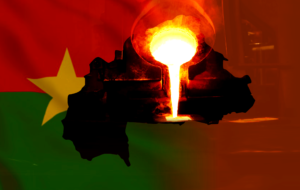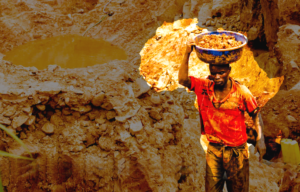Availability and Sustainability of Water in Nigeria Due to Climate Change
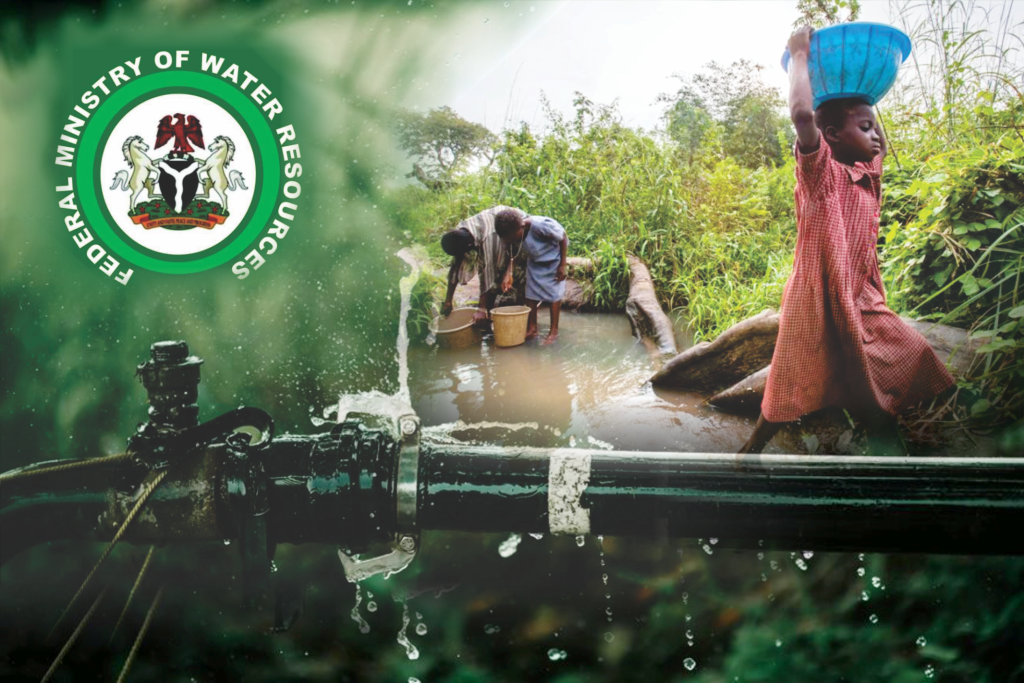
Across Nigeria, the story of water is increasingly one of crisis. Once a source of life and livelihood, water has become a symbol of the country’s growing struggle against the realities of climate change. From the parched plains of the north to the flood-ravaged communities of the south, Nigerians are witnessing firsthand how an unpredictable climate is reshaping not just the land, but also family life, food systems and the future of the nation’s economy. A nation between floods and droughts.
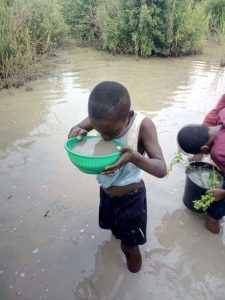

In Sokoto and Kano, farmers look to the sky with uncertainty. The rains that once came predictably now arrive late, or as floods, or not at all. When they do come, they often arrive with destructive intensity. The farmers used to know when to plant, but now, the rain either comes too much or not enough. The land is confused, and so are the farmers.
Climate scientists warn that Nigeria’s rainfall patterns are becoming increasingly erratic. In the north, destructive eroding floods that displaces live existence for a long period, or prolonged droughts that shrink rivers and streams, leaving communities dependent on rapidly depleting groundwater. Meanwhile, in the south, swollen rivers and flash floods destroy homes, wash away crops and contaminate drinking water. The result is a nation caught between two extremes: thirst and flood: water on the brink.
![]()
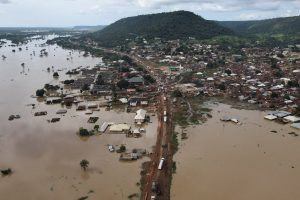
Nigeria’s dependence on its water systems drawn from rivers, lakes and aquifers, is under unprecedented stress. As the country’s population surges past 220 million, the demand for water grows, even as the supply diminishes. Rivers like the Hadejia and Komadugu have receded drastically, while Lake Chad, once one of Africa’s largest water bodies, has shrunk by nearly 90% in just over half a century.
In many communities, families are drilling deeper than ever for groundwater. But experts warn that this quick fix is unsustainable. “We’re mining our future water. The aquifers need rainfall to recharge, but unpredictable weather means they’re not recovering. We’re borrowing water we may never be able to repay” says a hydrologist at the University of Lagos. And as rising sea levels threaten coastal regions like the Niger Delta, saltwater is beginning to seep into freshwater reserves, turning once-drinkable sources brackish. And this is when water turns deadly.
Beyond scarcity lies another danger, contamination. Floods increasingly carry sewage, industrial waste and microbes into rivers and wells. Health experts have linked this to spikes in cholera and other waterborne diseases. You can’t talk about public health without talking about clean water. When the water fails, everything else begins to fail, schools, markets, hospitals, farms, business, etc. – Nigeria’s Centre for Disease Control
The economic toll is staggering. Agriculture, which employs more than a third of Nigeria’s labor force, is particularly vulnerable. Failed crops mean not only lost income but also food shortages that ripple through local and national markets. For families already living on the edge, every drought season or flood surge strengthens poverty.
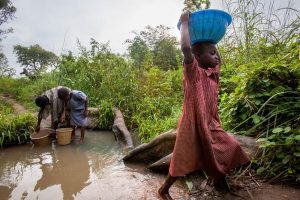
In searching for solutions: amid this somewhat fear-provoking crisis, there are glimmers of resilience. In some states/local government areas, there are ongoing experiments with integrated water resource management, a coordinated approach that considers the needs of people, agriculture and the environment together. Also, some NGOs are introducing climate-smart irrigation systems and community rainwater harvesting projects.
Technology also is beginning to play a major role. Startups are developing low-cost filtration systems and solar-powered borehole pumps. Meanwhile, environmental activists are pressing for stronger policies and investment in water infrastructure, especially in rural areas. But there is a submission that technology alone won’t save Nigeria’s future of water availability and sustainability. What’s needed they say, is political-leadership will. Water governance is as much about leadership as it is about climate change. Our government leadership must plan, invest and protect water as a shared national resource for our future, because without it nothing else works. The future must be secure.
In Lagos where the tides creep higher each year and in Maiduguri, where wells run deeper by the month, the story of water defines the Nigerian experience of climate change. It is the story of families fighting to adapt, of a nation balancing on the edge of scarcity and survival.
The question now is whether Nigeria can turn the tide, by reimagining how it values and manages its most essential resource. Because in the end, water is not just about survival. It is about dignity, stability and the promise of a sustainable future.


